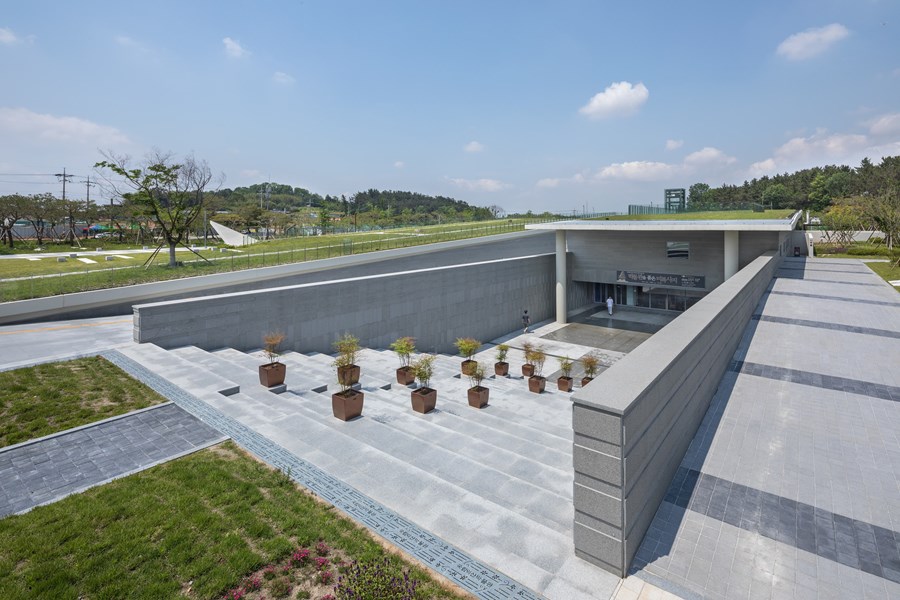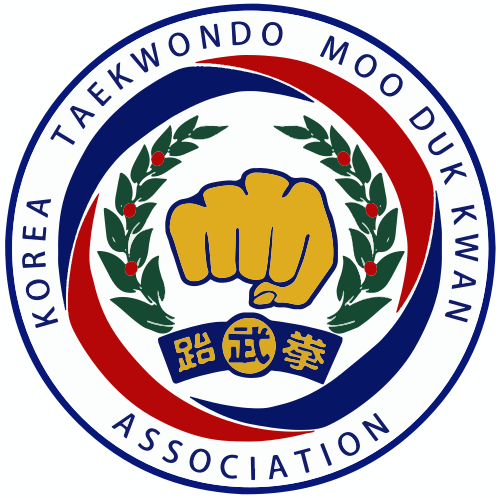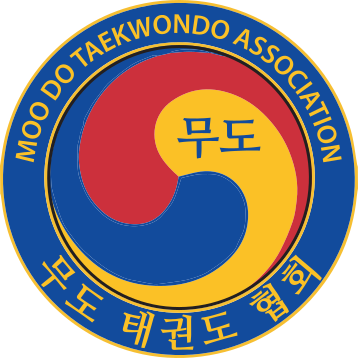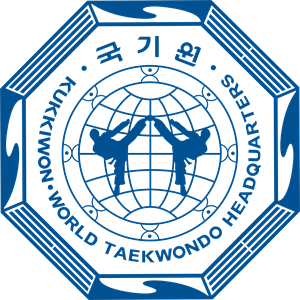
2025 Korea Trip
June 13 @ 8:00 am – June 21 @ 5:00 pm
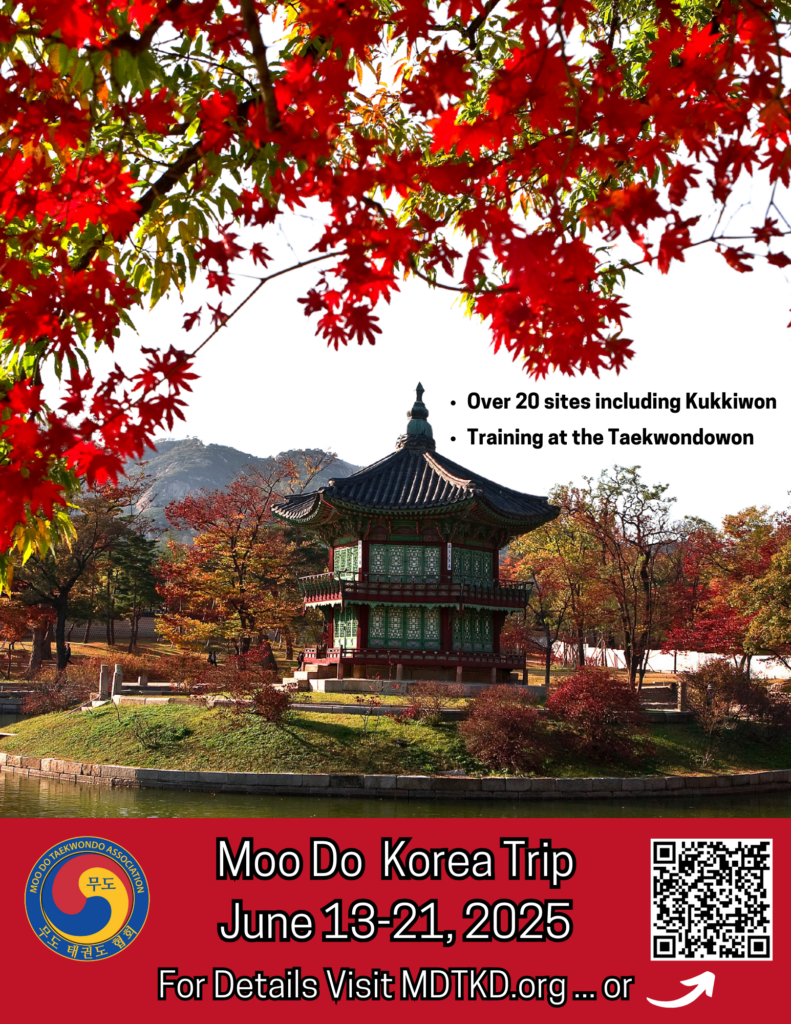
Moo Do is excited to announce it’s first trip to Korea with it Members!
This is your opportunity to have a once in a lifetime experience with your Moo Do Family , Masters and Grandmasters as well visit iconic Taekwondo Kukkiwon and Taekwondowon.
ALL INCLUSIVE- International Flight, Accommodations, Transportation, Meal and Training!
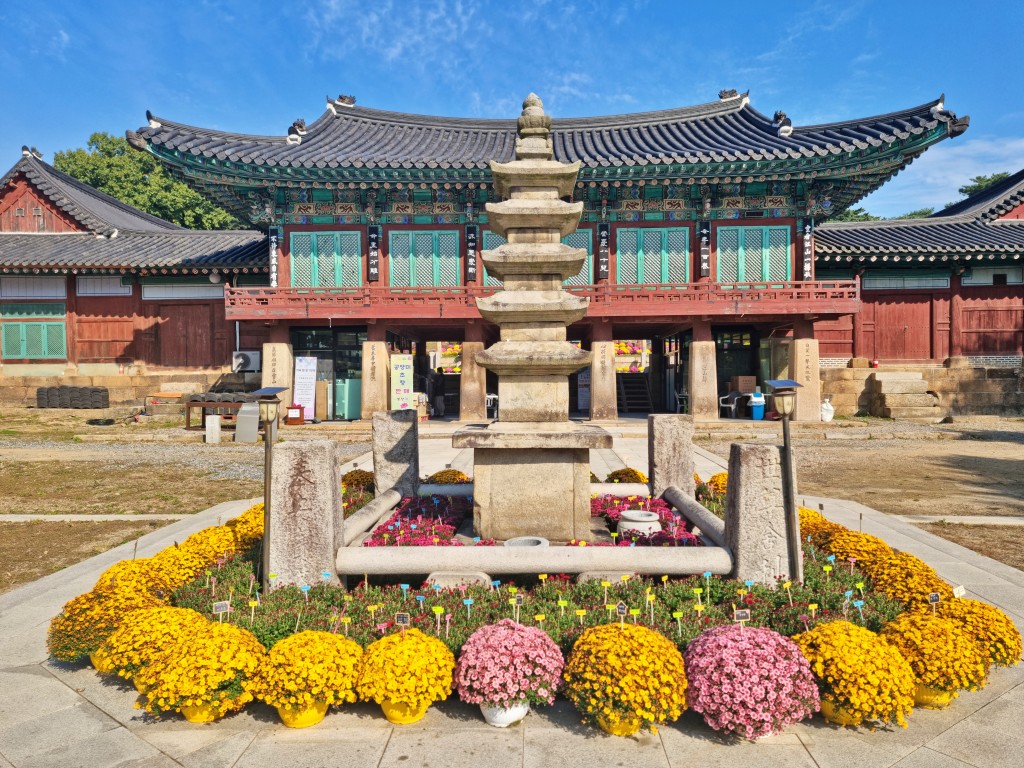
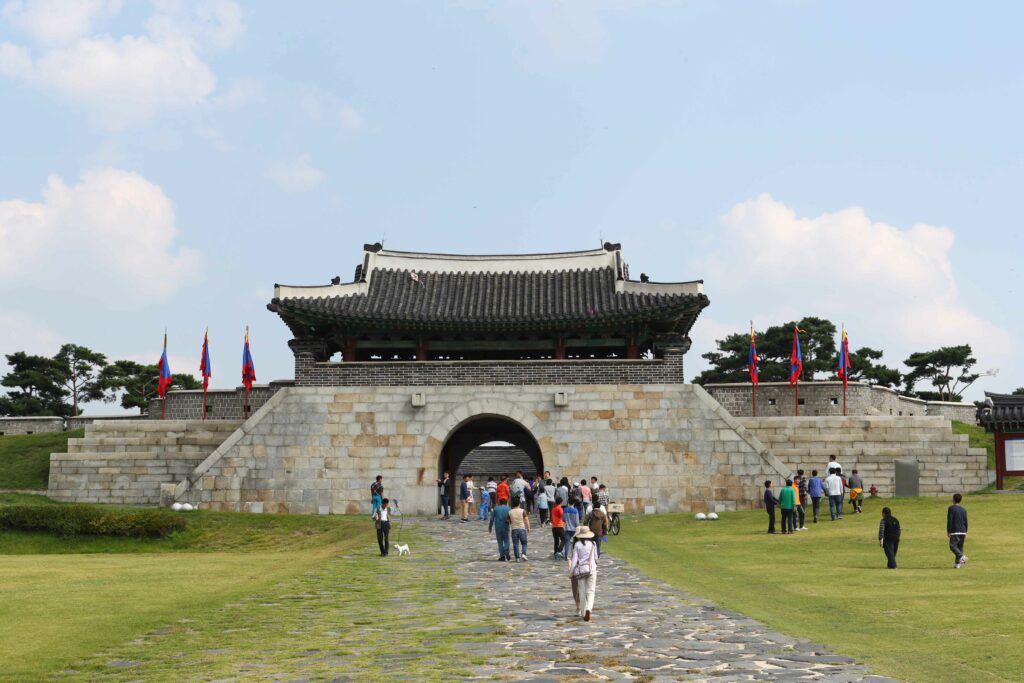
Internal Itinerary
Hotels and Dates
- Seoul Garden Hotel (6/14, 6/19, 6/20) – 58 Mapo-daero, Mapo-gu, Seoul
- Lahan Hotel Jeonju (6/15) – 85 Girin-daero, Wansan-gu, Jeonju
- Ramada Encore by Wyndham Cheonan (6/18) – 12 Chadoldeul-gil, Seobuk-gu, CheonAn
- Taekwondowon (6/16, 6/17)
Travel Insurance
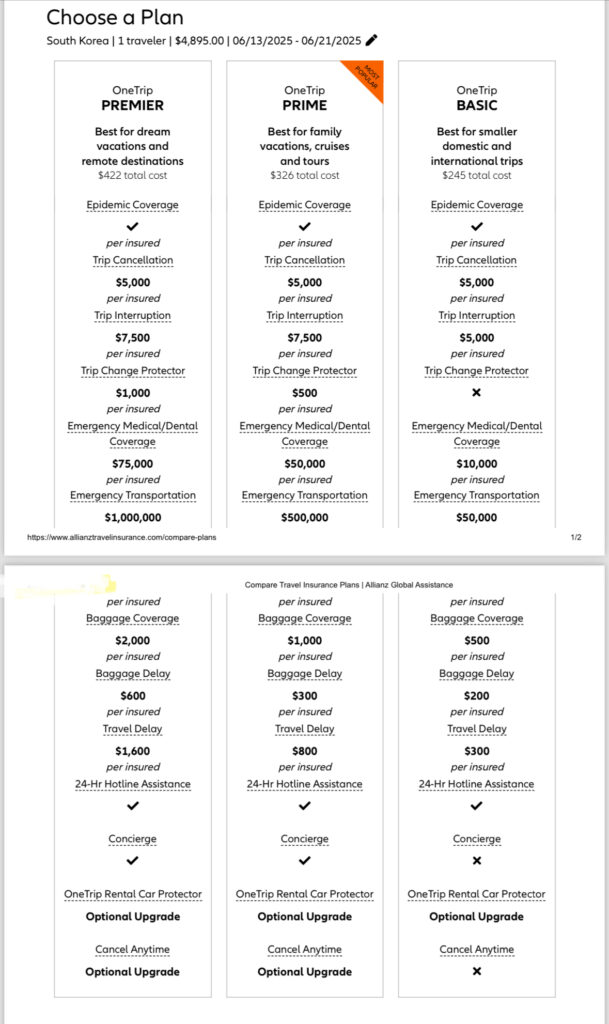
Flight Info: Fly out of *Sacramento *Seattle *Las Vegas
Flight Details have been emailed directly to travelers.
Popular Food Menu Item Descriptions
- Jjajangmyeon is a popular Korean-Chinese noodle dish topped with a thick black bean sauce made from chunjang (fermented soybean paste), diced pork, and vegetables.
- Tangsuyuk is a sweet and sour deep-fried pork (or beef) dish, often served with a tangy sauce containing vegetables and fruit. They’re commonly enjoyed together as a classic combo meal in Korea.
- Bulgogi is a classic Korean dish made of thinly sliced beef marinated in a savory-sweet sauce typically made from soy sauce, garlic, sugar, sesame oil, and pear or apple for added sweetness and tenderness.
- Ddeokgalbi (or Tteokgalbi) is a traditional Korean dish made from minced beef or pork, seasoned and shaped into patties, then grilled. The name means “rice cake ribs” because the patties are soft and chewy like rice cakes (tteok) and were originally made from meat taken off the bone of short ribs (galbi). It’s flavorful, tender, and often served with rice and side dishes—popular in both home-style and royal Korean cuisine.
- Dwaeji Galbi refers to Korean-style pork ribs. The ribs are typically marinated in a sweet and savory sauce made with ingredients like soy sauce, sesame oil, garlic, sugar, and pear, then grilled or barbecued.
- Dak Galbi is a popular Korean dish made from diced chicken marinated in a spicy and savory sauce, often including gochujang (Korean red chili paste), garlic, soy sauce, and sweeteners like sugar or honey. The marinated chicken is stir-fried with vegetables like cabbage, sweet potatoes, and rice cakes (tteok) on a hot grill or in a pan. It’s known for its bold flavors and is often enjoyed as a communal dish, served with rice or noodles.
- Kalguksu is a Korean noodle soup made with hand-cut wheat noodles, typically served in a rich, savory broth made from chicken, beef, or anchovy stock, and often accompanied by vegetables like zucchini, onions, and garlic.
- Mandu refers to Korean dumplings that are usually filled with a mixture of ground meat (like pork or beef), vegetables, and sometimes tofu. They can be steamed, boiled, or fried and are often served as a side dish or snack. Together, Kalguksu + Mandu is a comforting combination where the hearty noodle soup is complemented by the delicious dumplings, making for a satisfying and complete meal.
Payment Details & Due Dates
- $895 Deposit – Due by 2/28/2025
- $2,000 First Installment – Due by 3/16/2025
- $2,000 Second Installment – Due by 4/16/2025
- $700 Single Room Upgrade Fee
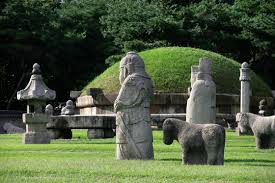
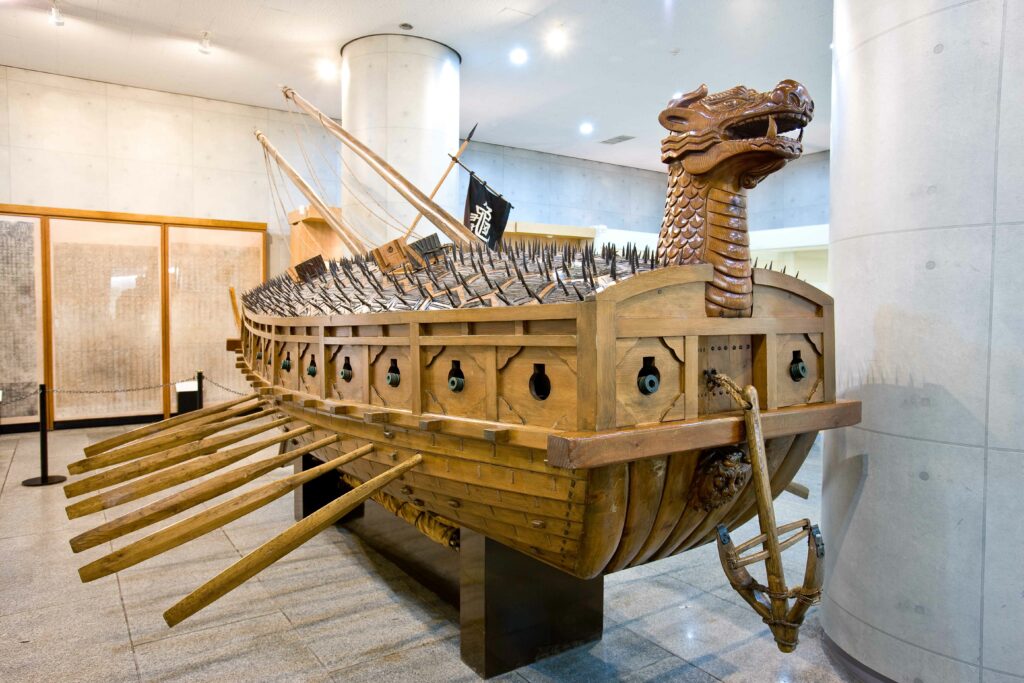
List of Sites we will be Visiting (subject to change)
- Hwaseong Fortress (Suwon)
- Korean Folk Village (Suwon)
- Archaeological Site in Wanggung-Ri (UNESCO) (Iksan)
- Iksan Ssangneung (Iksan)
- Mireuksa Temple (Iksan)
- National Museum of Iksan (Iksan)
- Jeonju Hanok Village (Jeonju)
- Jaman Mural Village (Jeonju)
- Jeonju National Museum (Jeonju)
- Muju Taekwondowon (Muju)
- Includes orientation, participation in programs.
- Cheongnamdae (Cheongju)
- Paradise Spa DOGO (Onyang)
- Hot spring experience.
- Oeam Village (Onyang)
- Hyeonchungsa Shrine (Yi Sun-Shin) (Onyang)
- Royal Tombs of the Joseon (Suwon)
- Yongjusa Temple (Suwon)
- Kukkiwon (Self-Guided Tour) (Seoul)
- Insa-dong (Seoul)
- Ikseon-dong (Seoul)
- National Folk Museum of Korea (Seoul)
- Changing Ceremony of Royal Guards (Seoul)
- Gyeongbokgung Palace (Seoul)
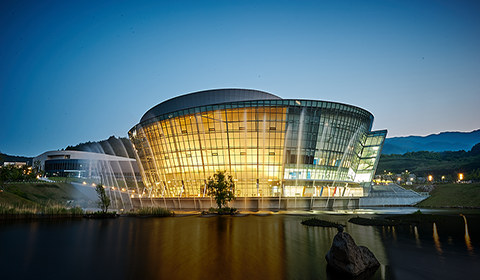
Training Opportunities
Taekwondowon Activity Program:
Option 1: Walking to Taekwondo:
- Understanding Taekwondo (Won) and the facilities of Taekwondowon
- Tour of experiential spaces
- Watch a permanent Taekwondo performance
- Visit symbolic spaces
Option 2: Basic Taekwondo Study:
- Principles of basic techniques
- Centerline, endpoint, and vital points
- Individual techniques (foot, hand)
- Connection of basic individual techniques
Option 3: Taekwondo Healing Therapy:
- Danjeon (core) and breathing training
- Lower body training
- Training with small equipment
Option 4: Traditional Martial Arts Training:
- Historical forms of Taekwondo training
- Mind and body training
- Physical fitness enhancement
- Taekwondo training
Option 5: Healing Taekwondo Exercise
- Taekwondo steps (footwork)
- Movements for performance
- Performances using music
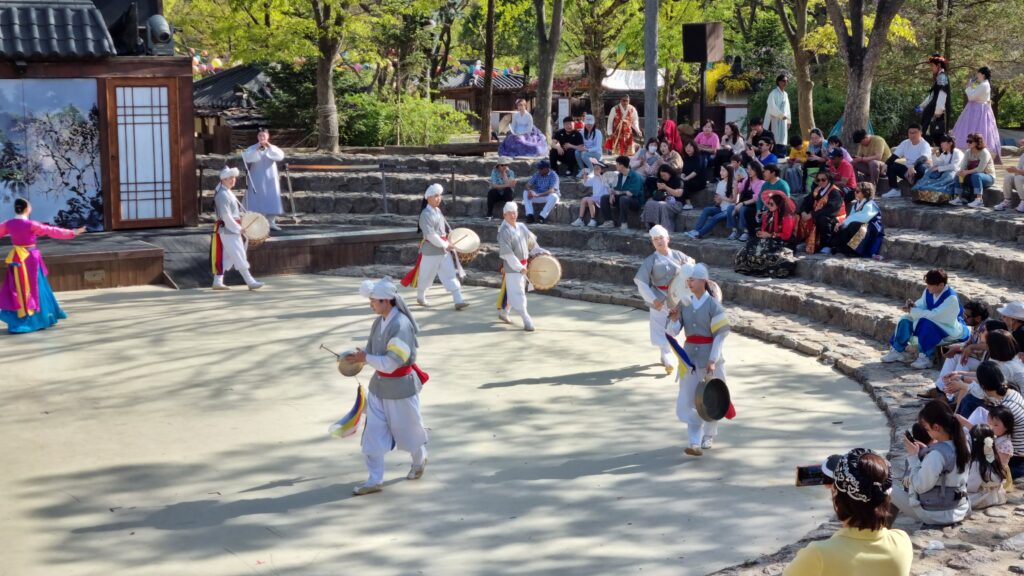
Important Reminders
- Make sure your passport is current!
- Visit international travel requirements to Korea.
- Make sure to frequently check visit this page for updates.
Regulations for minors traveling:
Minor(s) must travel with a parent or a guardian (or an adult parent/guardian assigned in writing as their designated chaperone) to participate on this trip. For example, if two friends under the age of 18 want to go on the trip and only one parent is attending, the non-attending parent can assign the attending parent as the responsible party for their child in writing.
Packing list (suggested):
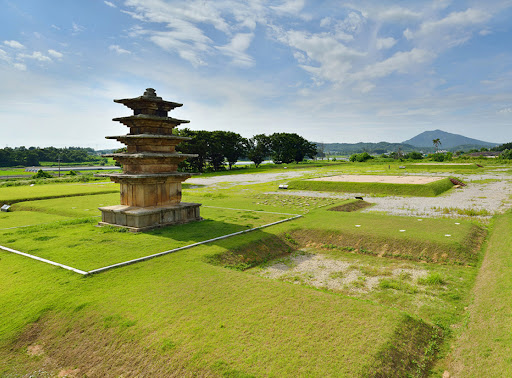
Upload a copy of your Passport information/photo page here:
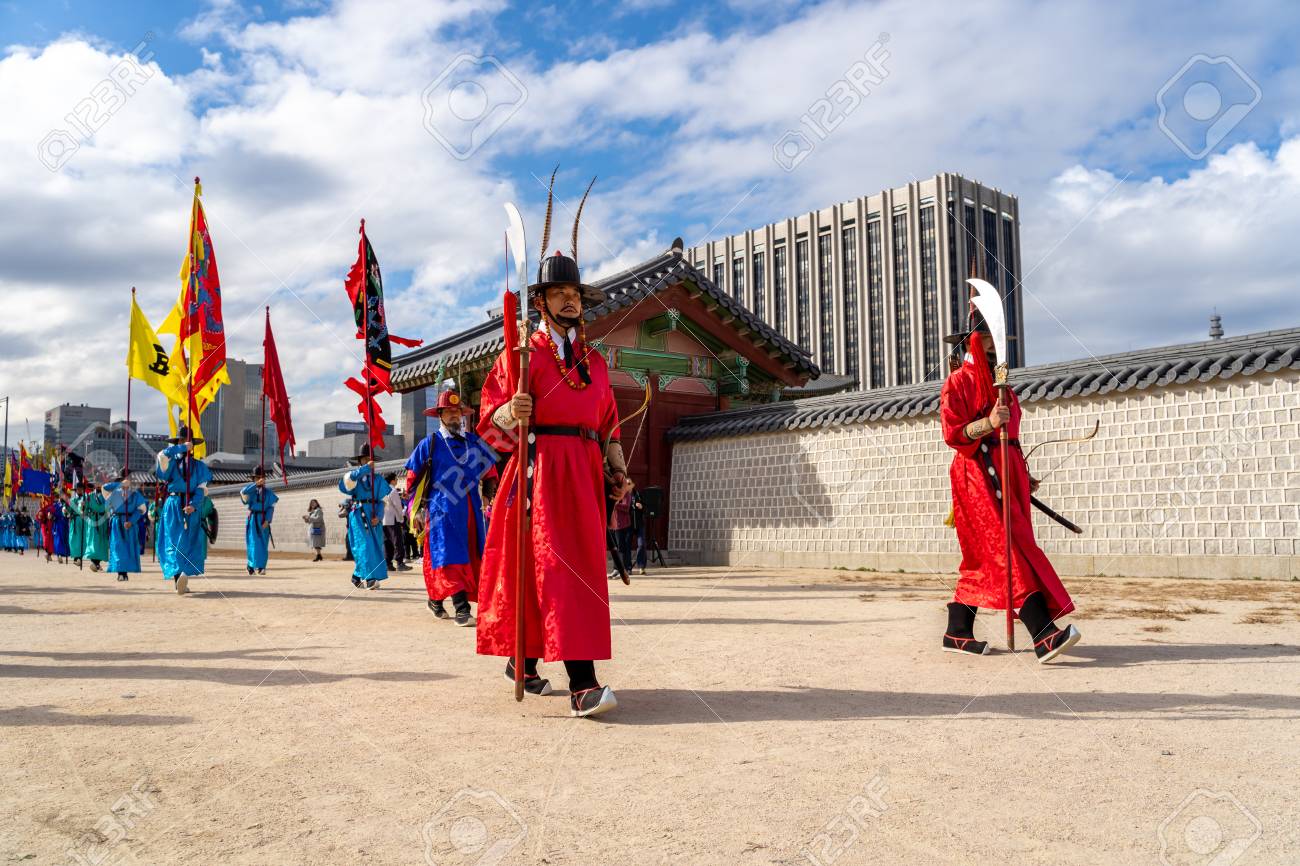
Frequently Asked Questions (FAQ) for the South Korea Trip
1. Can minors participate in this trip without their parents?
- Answer: Minor(s) must travel with a parent or a guardian (or an adult parent/guardian assigned in writing as their designated chaperone) to participate on this trip. For example, if two friends under the age of 18 want to go on the trip and only one parent is attending, the non-attending parent can assign the attending parent as the responsible party for their child in writing.
2. What does the trip fee cover?
- Answer: The trip fee includes:
- International airfare from the designated departure city
- Double or triple occupancy accommodations
- Meals as specified in the itinerary (e.g., breakfast at the hotel, lunch and dinner at designated restaurants)
- Admission fees for tourist attractions
- Transportation as designated in Itinerary
- Guide fees
- Participation in Taekwondo programs
3. Can I request a single room?
- Answer: Yes, single occupancy rooms are available for an additional fee. This option can be selected during the registration checkout process.
4. How are room assignments handled?
- Answer: Room assignments are based on the best fit for age, gender, and appropriateness of pairing. At a family’s request, triple occupancy rooms (e.g., parents and a child sharing the same room) can also be accommodated.
5. Should I bring my uniform and belt?
- Answer: Absolutely, as we will be training at the Taekwondowon. Please consult the itinerary to decide if you wish to bring multiple uniforms or if one is sufficient.
6. Should I bring my sparring gear?
- Answer: No, sparring gear is not required for this trip.
7. Can I book my own ticket or use travel points?
- Answer: Since this is a group trip, all participants must depart and arrive at the same time from the designated departure city. Therefore, we are not allowing participants to book their own tickets. Additionally, individual travel points cannot be used to purchase group airfare. Whether points can be earned for your travel will depend on your rewards program.
8. What costs are not included in the trip fee?
- Answer: The trip fee does not include:
- Tips, personal expenses, and additional food or beverages not listed in the itinerary
- Alcohol at restaurants
- Hotel personal expenses (e.g., minibar usage, telephone charges, etc.)
9. Is travel insurance required for this trip?
- Answer: Travel insurance is optional but highly recommended to cover unexpected medical emergencies, cancellations, or lost/stolen items during the trip.
10. What is the payment schedule and refund policy?
- Answer:
- A deposit of $895 is required by February 28, 2025 (refundable until this date).
- Payments are structured as follows:
- $895 deposit due by February 28, 2025.
- $2,000 second installment due by March 16, 2025.
- $2,000 final installment due by April 16, 2025.
- Payments made after March 15, 2025, are non-refundable. If the trip is canceled due to reasons beyond the participant’s control (e.g., war, natural disasters), deposits will be refunded.
11. What is the daily schedule like?
- Answer: The itinerary includes visits to cultural sites (e.g., Gyeongbokgung Palace, Jeonju Hanok Village), Taekwondo training programs at Taekwondowon, and other activities. Breakfast is typically provided at the hotel, while lunch and dinner are arranged at local restaurants. Specific daily schedules can be found in the itinerary.
12. What happens if there are changes to the itinerary?
- Answer: The itinerary is subject to change based on local conditions, weather, or unforeseen circumstances. The organizers will make every effort to notify participants of significant changes and arrange alternative activities when possible.
13. Will there be a Korea trip next year in 2026?
- Answer: As of right now there are no plans for an annual trip to Korea or any planned for the future. This is the only confirmed trip as of now.
14. Who should I contact if I have additional questions?
- Answer: For any questions not cover in the FAQ or on the trip webpage, contact admin@mdtkd.org.
- 15. What is the baggage allowance?
- Answer: We will be following the international baggage allowance not the domestic baggage allowance for the airline we are traveling with.
- 15. Do I need an adapter to use electronic devices?
- Answer: Yes. When traveling from the US to South Korea, you will need:
- A power adapter compatible with “Type A/B to Type C/E/F”.
- A voltage converter if your devices require a different voltage.
- Check that your charger says 100-240V.
- Some USB-powered devices can use a universal USB wall adapter.
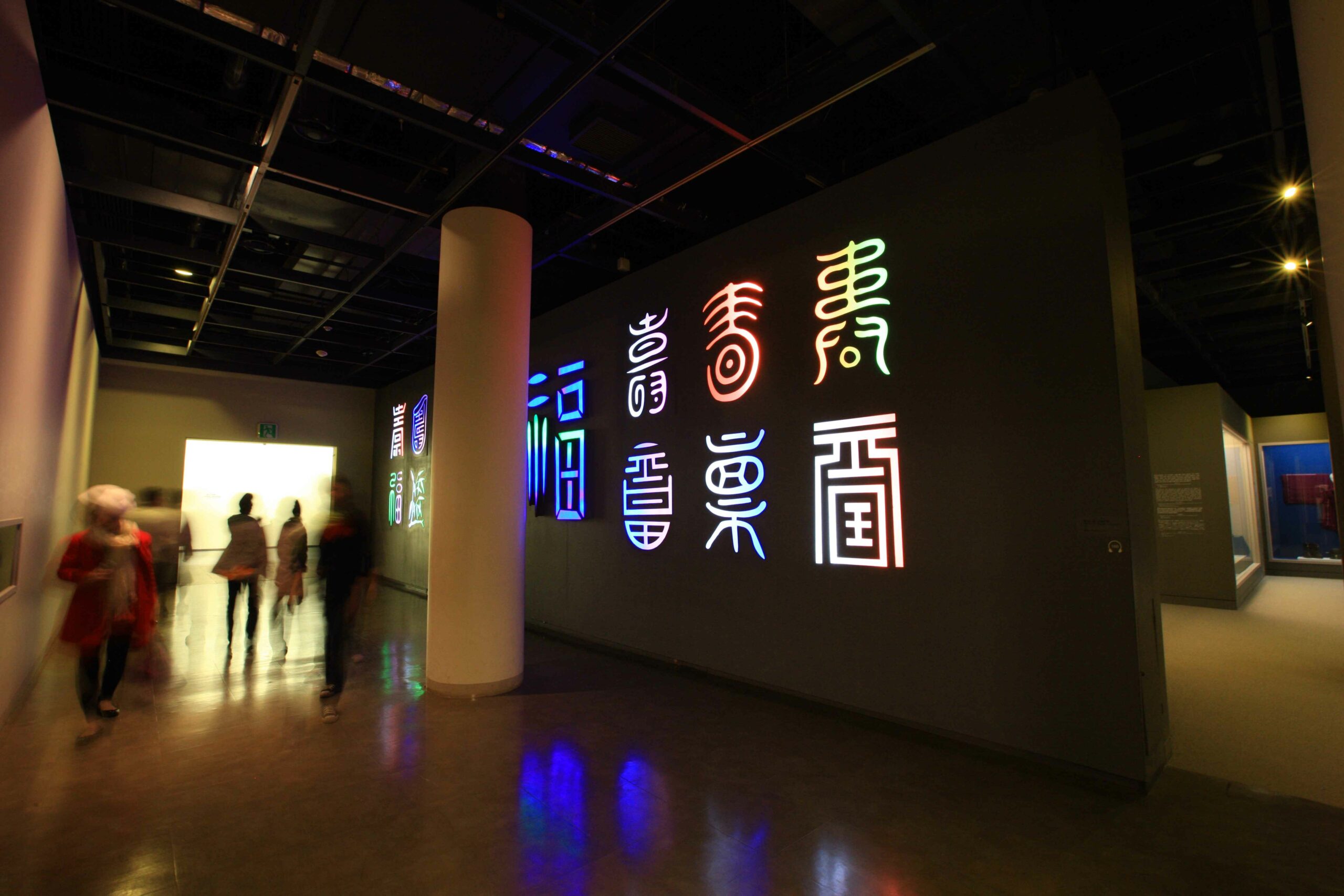
Libility Waiver – required by all
